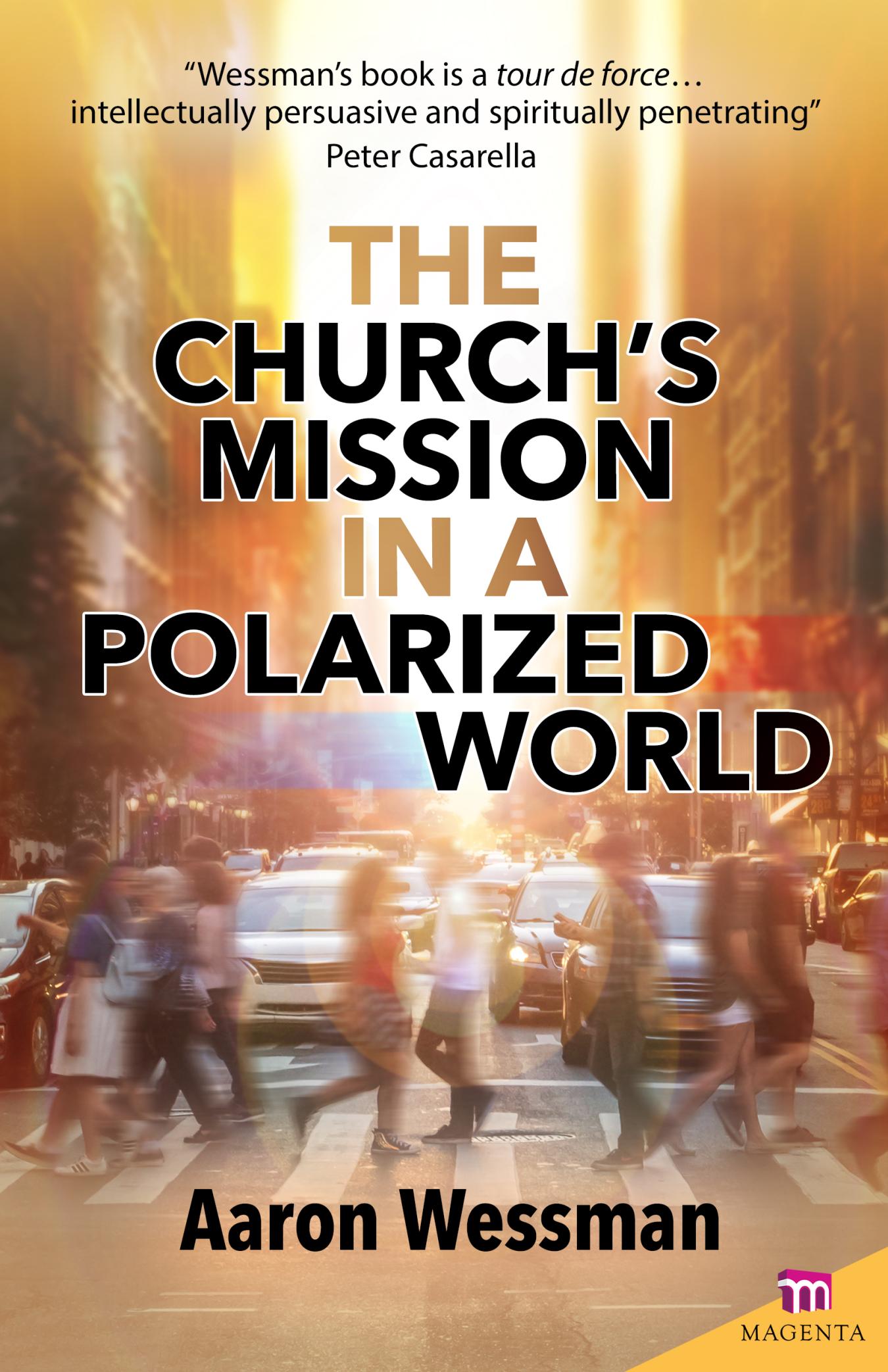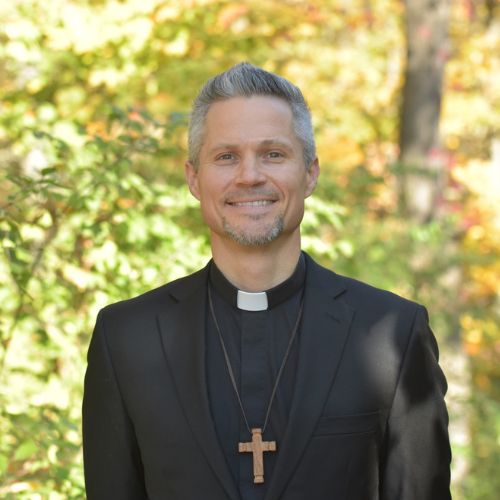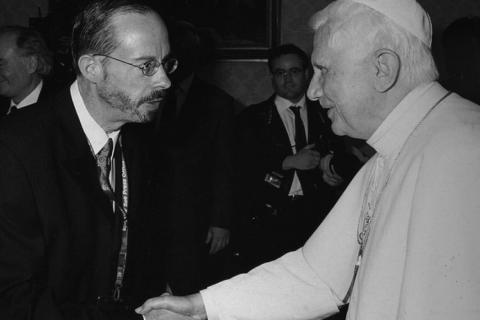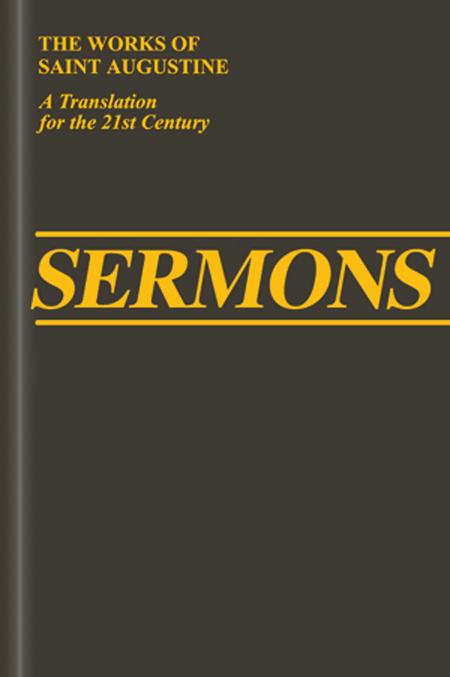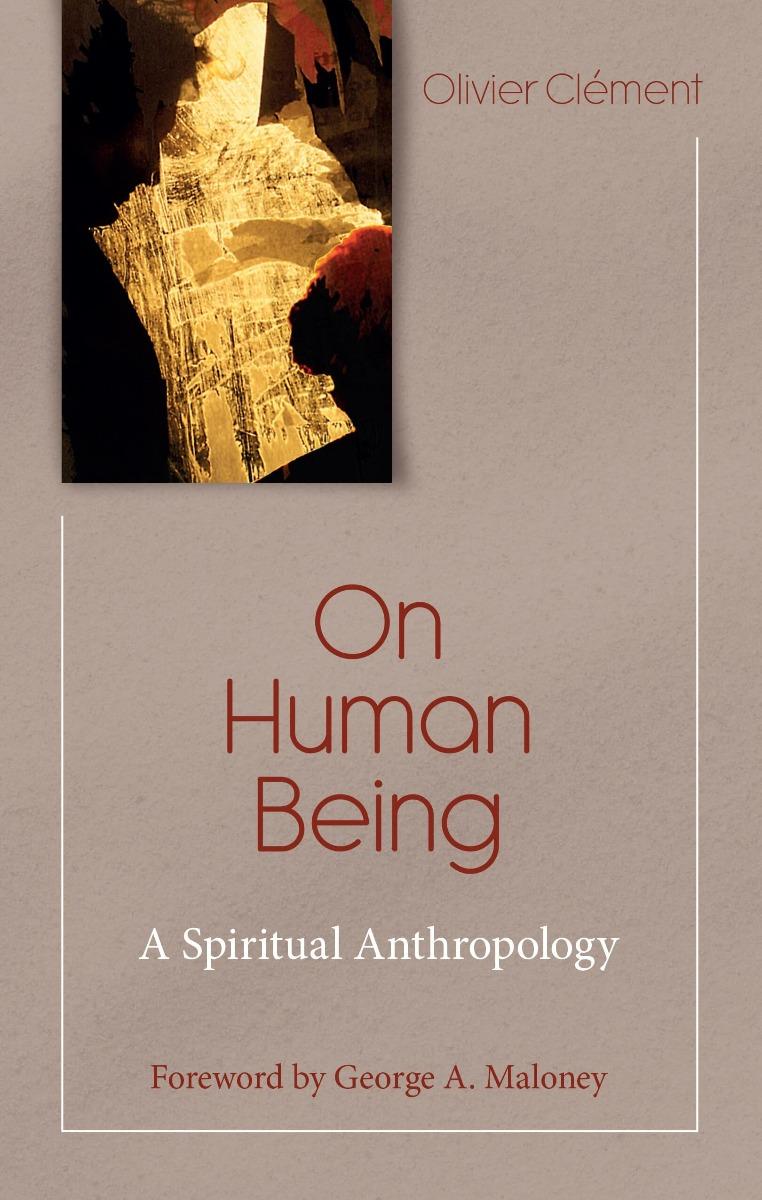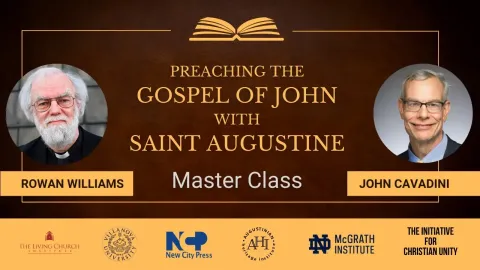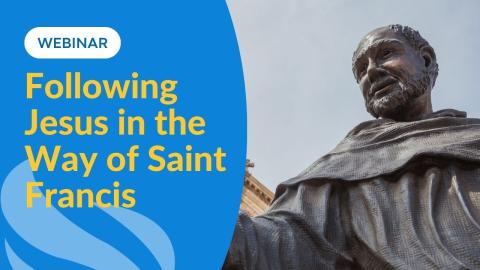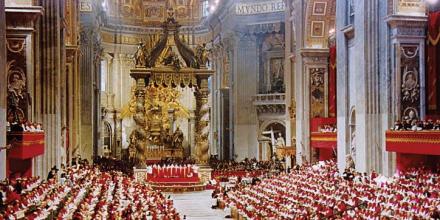
Photo by AdobeStock
This article is an excerpt from the book The Church’s Mission in a Polarized World published by New City Press.
According to a Pew Research report, Catholics in the United States are equally represented in the Republican and Democratic parties, 48%, and 47%, respectively. There is also racial sorting within these two groups. Most white Catholics identify as Republican (57%), while most Hispanic and Black Catholics identify as Democrat (68% and 85%, respectively). Similar racial sorting within the Church exists for support of presidential candidates. Moreover, support for some policy issues indicates the formation of polarized groups within the Church. Concerning immigration policy, for instance, the numbers are telling: a 2020 poll indicated 81% of Catholic Republicans favored expanding the wall at the southern border, while 91% of Catholic Democrats opposed it.
It is important to pause to consider a few observations regarding the statistics just presented. To begin, it is possible to have differing political affinities within the Church, and the formation of sorted groups around these affinities, while maintaining unity between Christians. Further research, especially qualitative sociological research, is required to understand the level to which sorted groups in the Church are interacting in divisive ways that threaten unity.
Anecdotally, however, by way of stories shared from local parishes and churches, especially from ministers and priests of those communities, it does seem that bonds of unity are being threatened within the Church. Many ministers I talk to speak in exasperation, particularly during election cycles, of how challenging it is to lead polarized communities. They find it difficult to preach without being accused, one way or the other, of supporting a particular political party. Others speak of whole groups of parishioners leaving their parish en mass after a falling out with another group. Polarization can be seen, as well, when Catholic media outlets report quite different interpretations of the events concerning various ecclesial leaders. ...
The extent to which Christians can maintain unity with these differences, that is, with the existence of polarized groups within the Church, harkens back to Paul’s invitation to unity for the early Christian communities. One can be, for instance, a fully believing and practicing Catholic and support a Democratic candidate while still appreciating, listening to, and loving a member of the Republican Party who is also Catholic, and vice versa. Negative and vitriolic political culture does not have to determine relationships between Christians. Catholic Democrats and Catholic Republicans can worship together and work toward fulfilling God’s will together. They can recognize their mutual baptismal bonds, and subordinate other personal identities (especially their political identity) to their Christian identity. …
There are likely certain policy positions—often, though not exclusively, those policies related to “life issues” and to the preservation of human dignity—that Christians today feel rightly justified in supporting, even if doing so increases polarization (again, my purpose here is not to debate particular policy issues). If the choice to polarize around a particular issue is discerned, Christians need to consider how they engage those Christians with different perspectives, while seeking to maintain the love and unity essential to Christianity. Furthermore, they will need to seek to be formed by the entirety of the Church’s social tradition, and not just the elements of the tradition that harmonize with one’s political party.
What is germane to this examination regarding unity is whether, and to what extent, one’s behavior either deepens unity between Christians or threatens division. Some of the following questions may be helpful to consider.
When I cast a vote for a political candidate, do I consider the importance of my unity with Christians who perhaps cast a different vote? When I am about to share a political post on social media, am I haunted by the overwhelming evidence in the Christian tradition that calls me to be a person who promotes unity within the Body of Christ?
Do I regulate the amount of time I spend watching media outlets whose business model rests on creating division and intensifying animosity? Do I spend time praying over Paul’s endless exhortations for unity?
Do I recognize that my Christian identity, flowing from my baptism, is more important than any other aspect of my identity—that neither family, race, nation, political persuasion, geography, or personal theological or liturgical preferences—are more important than this fundamental identity?
If I am a Christian leader, a minister, pastor or priest, do I, like Paul, humble myself and deny my own desire for popularity, fame, gratification, or employment, and strive to maintain unity in all my actions and words, despite my own political views or personality traits?
These questions are vital for considering unity within the Church.
If you enjoyed this article, you might like...


